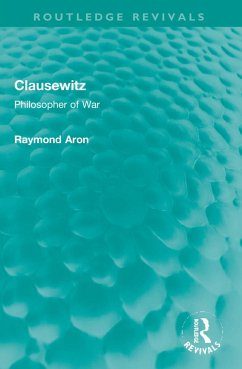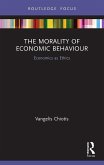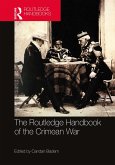In this edition, originally published in 1983, the late Professor Raymond Aron, one of France's most distinguished social scientists, presented a major re-evaluation of Carl von Clausewitz, 'the genius of war'. He sees in Clausewitz a political philosopher of major importance, whose impact and significance permeate many facets of modern society. Yet Clausewitz's reputation was entirely posthumous, for his great work, On War, was published after his death, and in his lifetime he achieved only a limited reputation as a military thinker and planner. Even today he is more often quoted than closely read.
Aron begins by elucidating the complexity of Clausewitz's thought and by describing his main ideas. He gives an account of the successive phases in the development of On War, and traces the different interpretations of Clausewitz's doctrine in Germany, in France and in Soviet Russia. Finally, Aron analyses many aspects of the present world using the concepts of Clausewitz, and is therefore able to examine such modern phenomena as the theory of the nuclear deterrent and 'total war' in Clausewitzian terms.
This is a book of piercing insights by a writer of world-wide reputation, who used the Clausewitz world-view as a means of political analysis. It is thus still of great importance and interest to contemporary historians and to all who are concerned with military and political affairs.
Aron begins by elucidating the complexity of Clausewitz's thought and by describing his main ideas. He gives an account of the successive phases in the development of On War, and traces the different interpretations of Clausewitz's doctrine in Germany, in France and in Soviet Russia. Finally, Aron analyses many aspects of the present world using the concepts of Clausewitz, and is therefore able to examine such modern phenomena as the theory of the nuclear deterrent and 'total war' in Clausewitzian terms.
This is a book of piercing insights by a writer of world-wide reputation, who used the Clausewitz world-view as a means of political analysis. It is thus still of great importance and interest to contemporary historians and to all who are concerned with military and political affairs.








